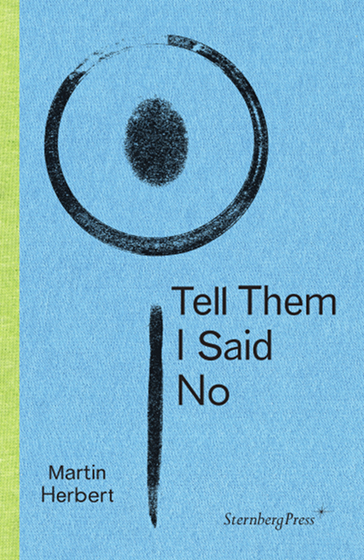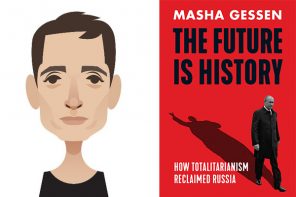On this weeks show we look at the role of the artist in terms of how they fit into the mechanism of today’s art system – how present do they need to be; can they turn their back on the art world and still make successful and meaningful work?
We look at abstract expressionist artist Agnes Martin (born 1912), whose geometric abstract paintings in the 1950s and early 60s gained her much notoriety as she worked in New York’s Coenties Slip. But by 1967 Martin abruptly gave up painting and moved to the desert in New Mexico.
Head of Collections from The Hugh Lane Gallery, Margarita Cappock tells us about the Agnes Martin painting they hold and her choice to remove herself from all distractions and modern comforts to focus on her work.
We also explore the work of US based artist Cady Noland. Now in her sixties, Noland came through with a series of artists in the mid to late 80s employing mixed media installation art and attained a high level of critical success. But in keeping with tonight’s theme, Noland rejected the commercialisation and publicity that came with this success. NCAD’s Lecturer and Head of Sculpture and Expanded Practice Department Brain Hand talks Zoe Comyns about Cady Noland’s work.
In his latest book Tell Them I Said No, art critic Martin Herbert explores 10 artists, including Martin and Noland, who turned their back on the art world and what this not only tells us about their role as artists but about the art world itself and how it has evolved. We also speak to Irish performance artist Áine Phillips about her approach to ‘playing the game’ and how that affects her as an artist and her work.
In 2017, Japanese animation or anime will celebrates its 100th year of existence. With Hollywood looking to animated classics to remake as live action features you can expect to see a lot more from the extensive Japanese anime catalogue over the coming years. Liam Geraghty looks back at 100 Years of Anime.
Fionn speaks to British author and academic Howard Cunnell about his recently published memoir Fathers & Sons. As the title suggests, it’s a book about family, masculinity and identity. Beginning in the 1970s amidst Cunnell’s own fatherless boyhood, the memoir goes on to recount his relationship with his daughter Jay who transitions to become his son Jason.
Broadcast on Monday, 15th May 2017.



